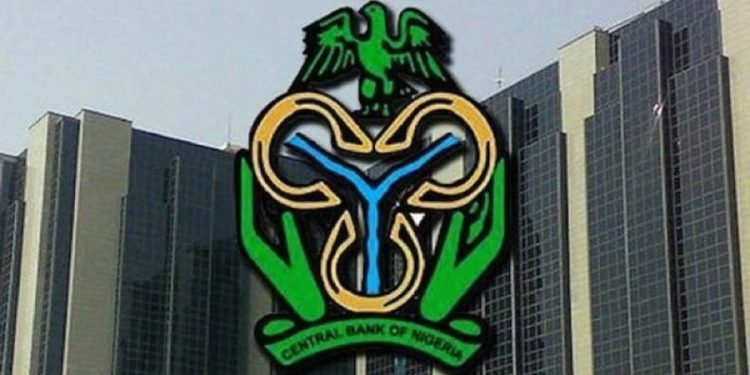The Central Bank of Nigeria (CBN) has proposed that banks transfer funds in accounts that have been dormant for up to 10 years into a Trust Fund account which will ultimately be invested in Treasury Bills.
This is contained in the just released exposure draft of guidelines on the Management of Dormant Accounts, Unclaimed Balances and Other Financial Assets in Banks and Other Financial Institutions In Nigeria.
According to a circular accompanying the exposure draft, the guideline was in response to requests from banks and other stakeholders for the CBN to clarify the procedures for the management of dormant and inactive accounts by banks in the country.
The circular which was signed by the Director of Financial Policy and Regulation Department of the apex bank, Chibuzor Efobi, also called for inputs which should be sent within three weeks.
The draft states that banks and Other financial institutions (OFIs) are expected to transfer all unclaimed balances in accounts that have been dormant for up to 10 years into an Unclaimed Balances Trust Fund (UBTF) pool account which will be domiciled at the CBN.
They are also expected to transfer unclaimed balances quarterly, not later than 15 days of the first month of the subsequent quarter; and retain all records of communication on the management of dormant accounts for a minimum of 10 years.
Banks and OFIs, by the guideline are to “maintain records of the beneficiaries of the unclaimed balances warehoused in the UBTF Pool Account; invest the funds in Nigerian treasury bills (NTBs) and other securities as may be approved by the ‘Unclaimed Balances Management Committee’; and refund the unclaimed funds to the beneficiaries not later than 10 working days from the date of receipt of the request.”
The exposure draft notes that banks including other financial institutions are saddled with the responsibility of contacting account holders whose account are dormant and are also required to publish the list of dormant accounts on their website.
Asides these, financial institutions are also saddled with the responsibility of monitoring “inactive accounts and notify the customers as well as protect such accounts from unauthorized usage; Establish procedures that will ensure continuous contact with customers to reduce the incidence of inactive/dormant accounts.
“Maintain records of procedures and periodic efforts to contact customers with inactive accounts; advise customers, in writing, on the need to communicate changes in their names, addresses, phone numbers, emails and next-of-kin.”
Financial institutions are also to bear the costs of maintaining inactive and dormant accounts as well as contacting the customers; render quarterly reports on dormant accounts in a prescribed format to Banking Supervision Department and Other Financial Institutions Supervision Department of the CBN.
They are to “continue to reflect dormant account balances as deposit liabilities and such balances, where applicable, shall continue to earn interest until they are transferred to CBN.
“Maintain a register for funds transferred to CBN for reclaim and audit trail. Publish, on their websites, details of all dormant accounts, six months prior to their eligibility for transfer to CBN. However, other financial institutions (OFIs) without websites shall publish same on their Association’s website.
“Publish the list of dormant accounts holders in at least two national daily newspapers, except for unit microfinance banks, which shall publish in their premises. Information to be published shall include the name, address of the branch, and next-of-kin of account holder. It should also be stated that the account has been transferred to the register of dormant account.
We’ve got the edge. Get real-time reports, breaking scoops, and exclusive angles delivered straight to your phone. Don’t settle for stale news. Join LEADERSHIP NEWS on WhatsApp for 24/7 updates →
Join Our WhatsApp Channel










